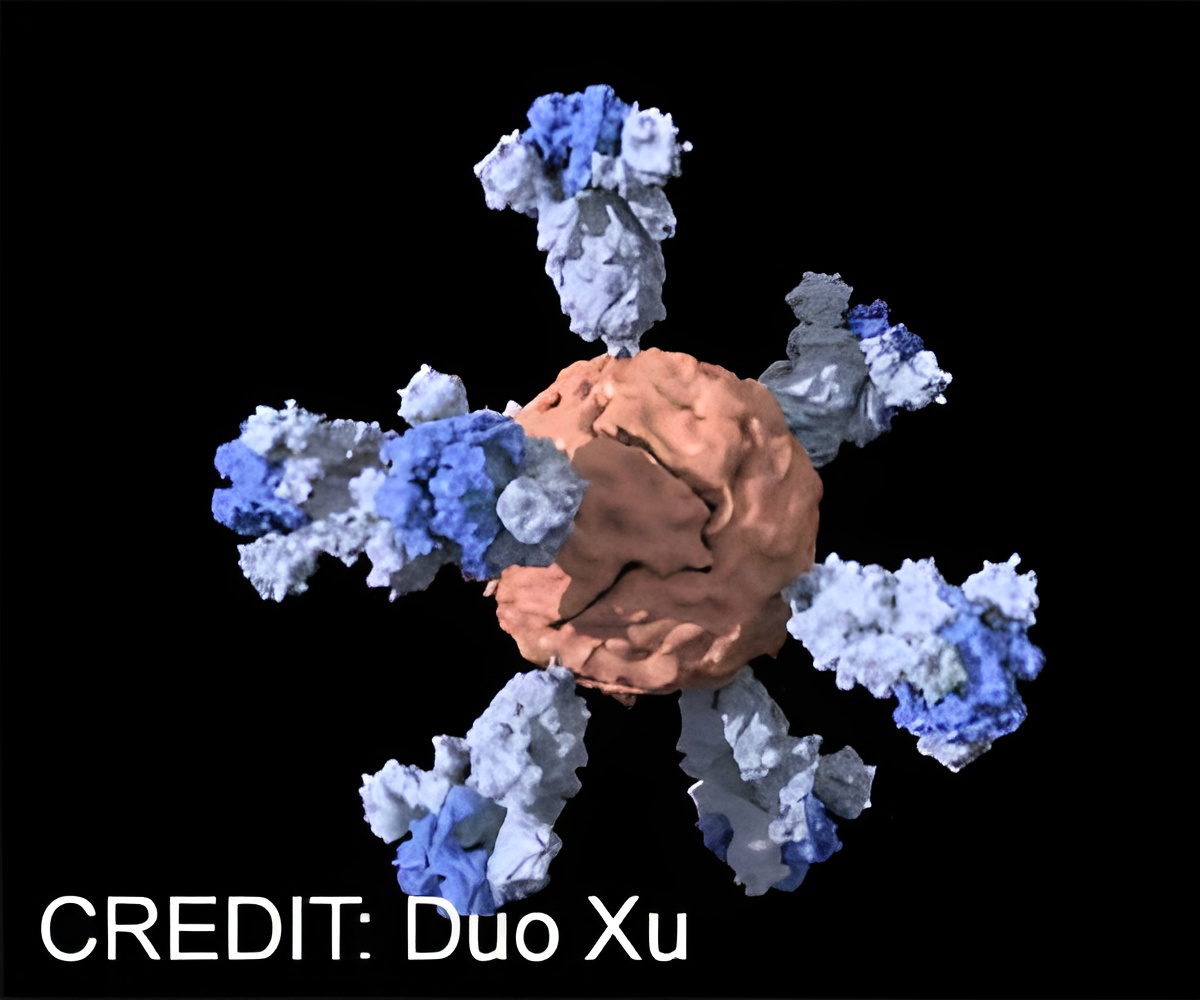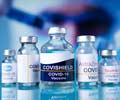COVID-19 treatment with Monoclonal antibodies within 10 days of onset blocks replication of coronavirus for patients at high risk of a poor outcome and reduces the hospitalization duration.

Even the UPMC and University of Pittsburgh School of Medicine physician-scientists analysed the patients who received bamlanivimab monoclonal therapy and published the findings in the journal Open Forum Infectious Diseases.
"The fact that we found bamlanivimab to be this effective in keeping our patients with COVID-19 out of the hospital bodes very well for the future use of the currently available monoclonal therapies, something we are studying now," said lead author Ryan Bariola, M.D., associate professor in Pitt's Division of Infectious Diseases and director of the UPMC Community Hospital Antimicrobial Stewardship Efforts (CHASE) Program.
Monoclonal antibodies are a type of medication that blocks coronavirus from infecting the cell and replicating to prevent the COVID-19-related complications.
The analysed data shows that positive results in those who received monoclonal antibody infusions than in those who did not and a very low rate of adverse reactions to the infusion.
This data mandates the government and UPMC guidelines to administer antibodies within 10 days of COVID-19 symptom onset and diagnosis for patients at high risk of a poor outcome.
Advertisement
Source-Eurekalert















